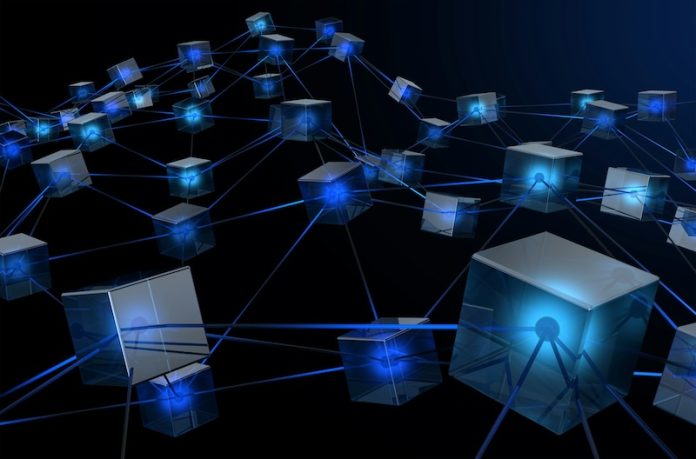
Blockchain technology, often associated with cryptocurrencies like Bitcoin, has grown far beyond its original purpose. It’s now being applied in industries ranging from healthcare to supply chain management, transforming how data is stored, shared, and secured.
At its core, blockchain is a digital ledger that records transactions across many computers in a way that makes the data nearly impossible to alter. This unique feature of security and transparency has opened up a world of possibilities for its use.
One of the most exciting advancements in blockchain technology is its application in supply chain management. Keeping track of products as they move from manufacturers to consumers can be challenging, especially for complex supply chains involving multiple parties.
Blockchain provides a solution by creating an unchangeable record of each step in the process. For instance, food companies are using blockchain to track the journey of produce from farm to table, ensuring freshness and safety.
In one notable case, Walmart partnered with IBM to use blockchain for tracing the origin of mangoes in just seconds—a process that previously took days.
Blockchain is also making waves in healthcare. Managing patient records securely and efficiently has always been a challenge, but blockchain offers a new way to solve this problem.
By using blockchain, healthcare providers can create tamper-proof medical records that patients can access and share with doctors as needed.
This not only enhances security but also ensures that patient data is consistent and accurate across different healthcare facilities. Research suggests that blockchain could significantly reduce administrative costs and errors, making healthcare more efficient.
In the financial world, blockchain is improving how money is transferred and stored. Traditional banking systems can take days to process international payments, and they often involve high fees.
Blockchain-based systems, like Ripple, allow for faster and cheaper transactions. Additionally, blockchain technology is being used to provide financial services to people in developing countries who don’t have access to traditional banks.
Through blockchain, individuals can securely store money and make transactions using just a smartphone.
The real estate industry is another area where blockchain is making a difference. Buying or selling property often involves a lot of paperwork, including deeds, contracts, and property records. Blockchain can simplify this process by digitizing and securely storing all relevant documents.
This not only speeds up transactions but also reduces the risk of fraud. In some cases, blockchain has been used to create smart contracts—agreements that automatically execute when certain conditions are met—to streamline real estate deals.
One of the most promising uses of blockchain is in voting systems. Ensuring fair and transparent elections has always been a challenge, but blockchain could change that. By recording votes on a blockchain, officials can create a secure and tamper-proof voting system that ensures every vote is counted accurately.
Trials of blockchain-based voting systems have already been conducted in countries like Switzerland and Estonia, showing that this technology could one day make elections more trustworthy and accessible.
Despite its potential, blockchain technology is not without challenges. One major issue is energy consumption. Maintaining a blockchain, especially one used for cryptocurrencies, can require a significant amount of electricity.
Another concern is scalability. As blockchains grow, they can become slower and more expensive to maintain. However, researchers and developers are working on solutions, such as more energy-efficient algorithms and scalable blockchain architectures, to address these issues.
In conclusion, blockchain technology is proving to be much more than a tool for cryptocurrency. From ensuring food safety and securing medical records to simplifying real estate transactions and improving election integrity, its applications are vast and transformative.
While challenges remain, the advancements made so far show that blockchain has the potential to revolutionize multiple industries and improve the way we live and work.
Copyright © 2025 Knowridge Science Report. All rights reserved.


